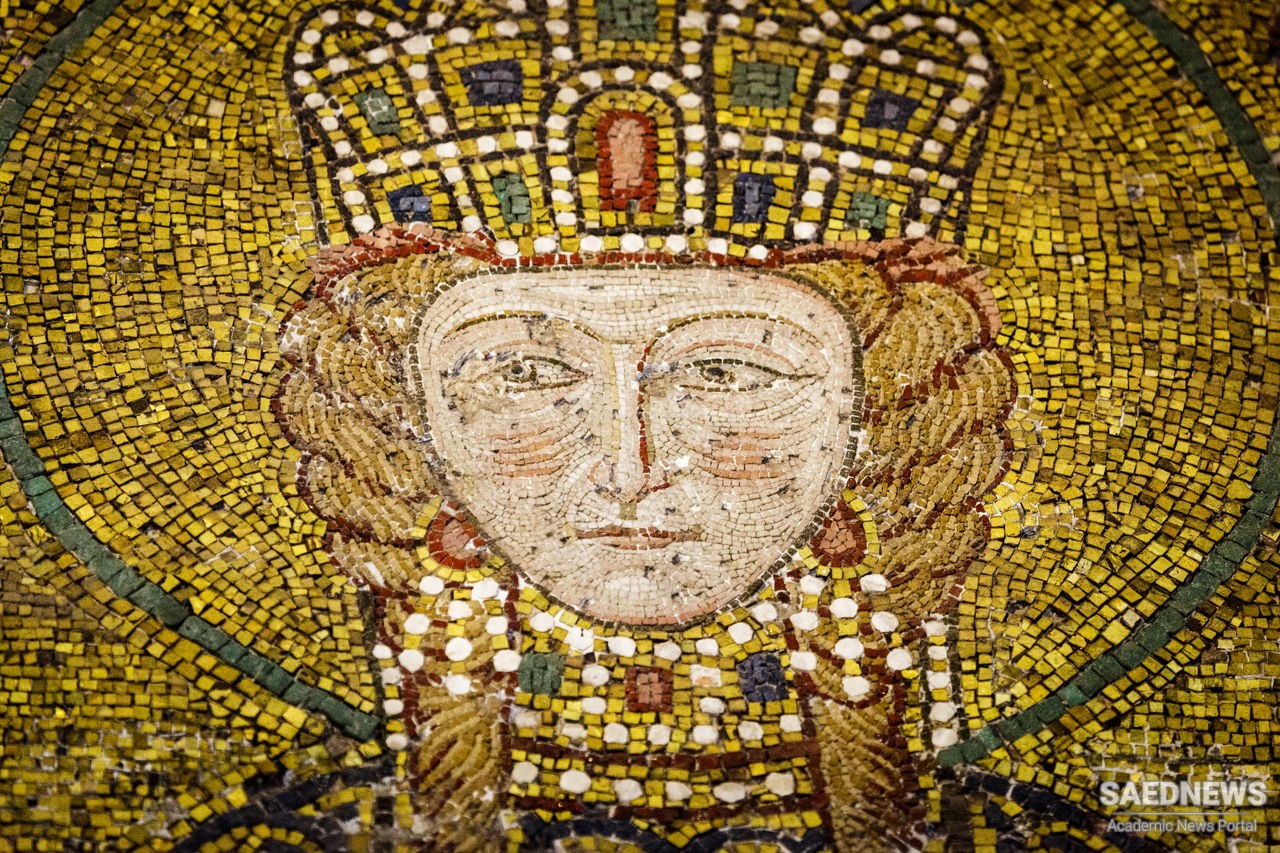To be distinguished from this eschatological tradition is the conception of the immortality of the soul that was introduced into Diaspora Judaism under the influence of Greco-Roman culture. George Foot Moore succinctly characterized the difference between the two ideas of the afterlife: on the one side [i.e., immortality] the dualism of body and soul, on the other [i.e., resurrection] the unity of man, soul and body. To the one the final liberation of the soul from the body, its prison-house or sepulchre, was the very meaning and worth of immortality; to the other the reunion of soul and body to live again in the completeness of man’s nature.
The idea of immortality initially appears in Hellenistic Jewish literature in the Wisdom of Solomon (3:1–10, 5:15–16) and is more extensively developed in the writings of Philo Judaeus (d. 45–50 CE), who describes how the souls of the righteous return after death to their native home in heaven— or, in the case of rare individuals like the patriarchs, to the intelligible world of the ideas (Allegorical Interpretation 1.105–108; On Sacrifice 2.5). Although Philo’s views were immensely influential in early Christian philosophy, they had no impact upon rabbinic Jewish thought as it developed in the subsequent centuries.


 Jewish Concepts of Afterlife: Biblical Period
Jewish Concepts of Afterlife: Biblical Period














































